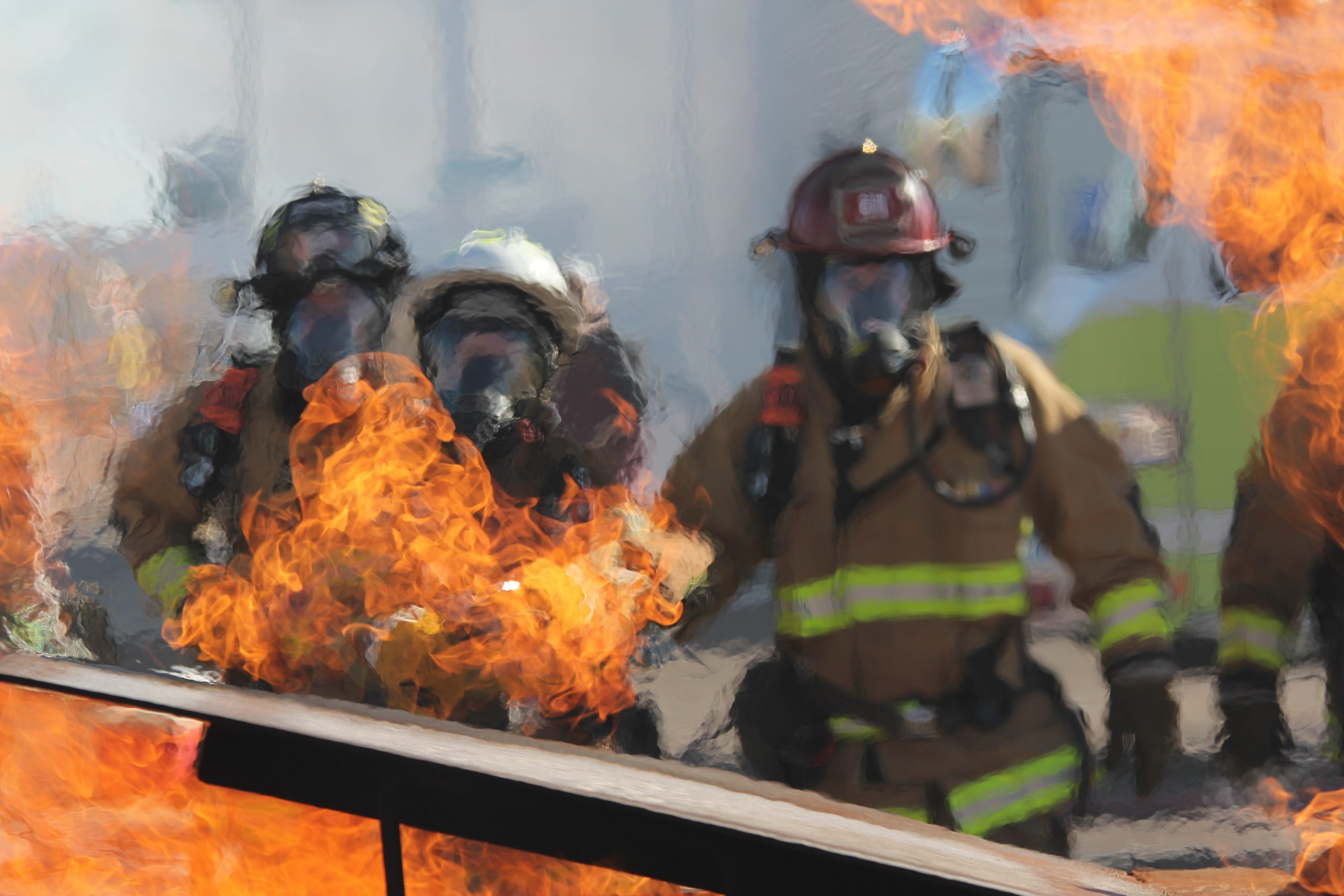
An Investigation into the Provision of Emergency Human Services following 200 Wellesley Street Fire
The Issue
On September 24, 2010, a fire broke out on the 24th floor of 200 Wellesley Street, Canada’s largest social housing building. Firefighters took eight hours to extinguish the six-alarm blaze. More than 1,700 residents had to be evacuated. Many were vulnerable with no one to stay with.
The City’s Emergency Planning Unit (EPU), which is part of the Shelter, Support, Housing and Administration Division (SSHA), was responsible for providing emergency human services during the aftermath of the fire. EPU set up reception centres, provided food, shelter and temporary housing for many tenants.
The Ombudsman initiated an investigation after receiving complaints about the City’s response and hearing concerns about whether the City’s policies and procedures were appropriate given the vulnerable nature of many in this social housing population. She issued a notice of investigation to the City Manager on March 28, 2011.
Our Investigation
We made preliminary enquiries with City staff about the response and EPU processes in general.
The Ombudsman initiated an own motion investigation into the City’s EHS response, issuing a notice of investigation to the City Manager on March 28, 2011.
We reviewed documents about the response, related policy, procedures, and applicable legislation. We interviewed over 40 witnesses, including a range of public servants, elected representatives, non-City staff response partners, and 200 Wellesley tenants.
The investigation considered the following issues:
- EPU emergency response processes;
- Whether appropriate policy and procedures exist to deal with vulnerable populations;
- Whether the delay by SSHA in responding to the Ombudsman’s requests was reasonable.
What We Found
The EPU staff welcomed this investigation as an opportunity to improve their service, and were consistently cooperative and helpful. Despite all these factors, there are serious lessons to be learned. For instance:
- It was unreasonable that there was no protocol for serving vulnerable residents at the time of the Wellesley Fire. Some 18 months after the Wellesley fire, the continuing absence of a protocol and clear directives are unacceptable.
- Hotel assignments were implemented inefficiently and the process was unreasonable.
- The City’s decision to open donations centres, contrary to its Emergency Plan, was problematic.
- The delay by the General Manager of SSHA in providing information was unreasonable, as was his oversight to respond in a timely manner.
- The method and frequency of token and voucher distribution was unreasonable.
- The poor communications between the Wellesley operations centre and McCaul, along with the lack of trained managers at McCaul was unreasonable. The impact resulted in ineffective oversight.
Our Recommendations
We made 15 recommendations, including the need for:
- A Vulnerable Populations Protocol
- Clarification and documentation about the roles of the Office of Emergency Management and the Emergency Planning Unit
- The City to confirm that the Incident Commander, or an alternate, is the single decision-making authority
- A senior manager to liaise with elected officials
- A protocol for communications with staff responders from different divisions.
- A single system of record keeping
- A policies and procedures manual and information training for staff responders
- Partnerships to be set-up with external agencies to handle in-kind donations
- Evacuees to receive timely and accurate information.
The Ombudsman also recommended that debriefings be conducted in a more coordinated manner and that the City Manager ensure senior public servants respond in a timely way to Ombudsman requests.